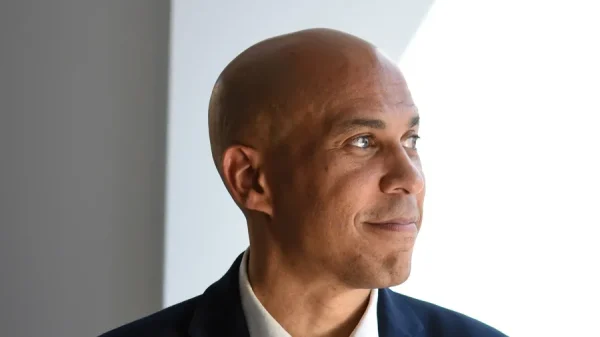What other countries have done right that the U.S. has not in combating COVID-19
The COVID-19 pandemic has reached new heights. As of May 10, 2020 there have been 4.1 million confirmed coronavirus cases across the world. The U.S. makes up 1.4 million of those cases. Somehow, the United States has become the country with the most coronavirus cases and coronavirus related deaths in the entire world. The next highest number of cases is Spain with 224,350 confirmed cases as of May 10, 2020. This drastic difference in numbers begs the question: what has the U.S. done wrong?
The best way to answer this question is by exploring what other countries have done right. According to polling data published by Forbes, Vietnam ranked highest in how its people have viewed the government’s efforts to tackle the virus. 95% of Vietnamese citizens feel that their government’s handling of the virus is very satisfactory. Surprisingly, 89% of the Vietnamese population has expressed fear of contracting the virus. According to Google News, Vietnam has 288 confirmed cases, 241 recovered patients, and 0 deaths. These interesting statistics could lead one to conclude that fearing COVID-19 could actually be beneficial as it keeps awareness, safety, and cautiousness running high.
Another country that has been in the news for its handling of the COVID-19 pandemic is South Korea. Instead of instituting travel bans, they immediately began widespread testing, making sure to test even asymptomatic people. The government has also sent testing kits to other countries like Dubai and was set to ship 600,000 kits to the U.S. according to Reuters. South Korea is also known to have pioneered the drive-through testing movement, with countries like the United States, Germany, France, Spain and more having implemented variations of drive-through testing, according to OZY. A more controversial step that South Korea has taken is its employment of a central tracking app, Corona 100m, that publicly informs a citizen if there is a known case within 100 meters of their immediate location, according to The Guardian. As of May 10, 2020 South Korea has had 10,909 cases, 9,632 recovered patients, and 256 deaths, according to Johns Hopkins University.
While the U.S. as a whole is not doing as well as can be expected, according to Dr. Aliya Poshni, an OB/GYN, doctors in the DMV area have done an excellent job in their efforts to combat this virus. Through a collaborative approach, individual practices have been able to preemptively set up protocol and keep their patients protected. Even the community has stepped up. Patients enter hospitals and practices with masks and other protective gear, allowing doctors to utilize their limited supplies toward nurses and other healthcare workers on the front lines. While Dr. Poshni expressed frustration with communication efforts between the administration and the front line, she chooses to remain optimistic. She advocates for reaching out to global partners, sharing of data and information between nations, and overall, open lines of communication.
“We’re doing things in medicine that we have never done. Our best minds are being put to the test. I have faith that principles such as objectivity, data collection and peer review innovation will take us out of this. I think the world will come together and find a cure.” said Poshni.
In the end, while widespread testing, social distancing, and awareness are all extremely important factors in ending this pandemic once and for all, succeeding countries and brave physicians are all echoing one thing: collaboration is key.
Imaan is a Senior in the Humanities program. This is her first year writing for the Poolesville Pulse. She participates in Debate, MSA, and Unicef.
Favorite...









